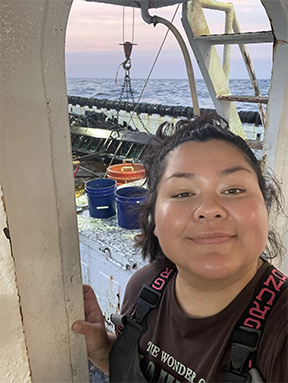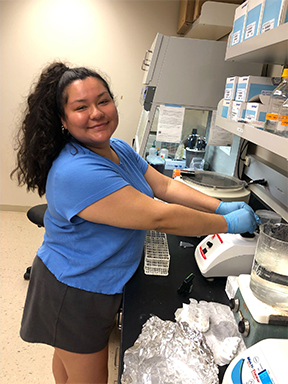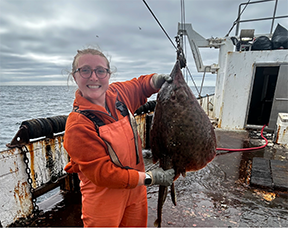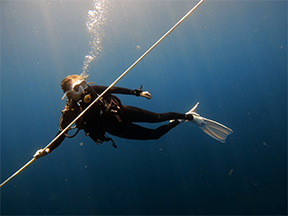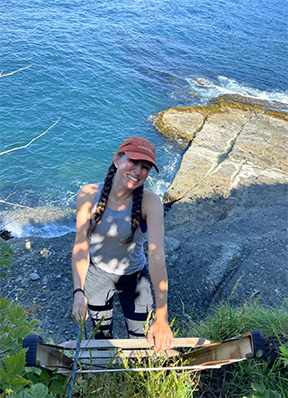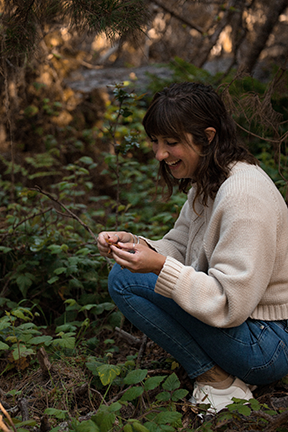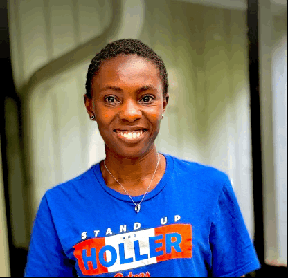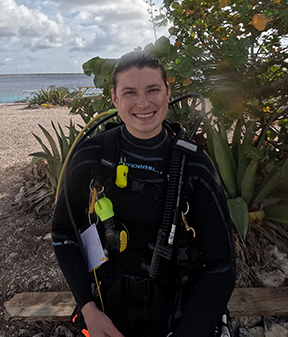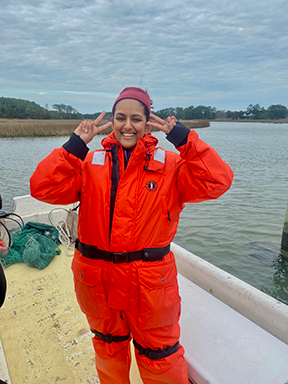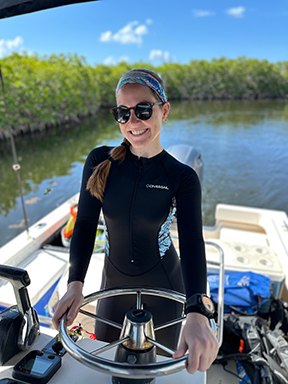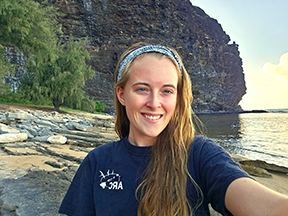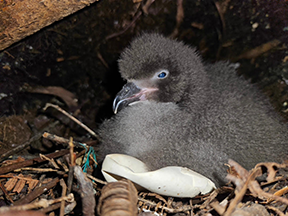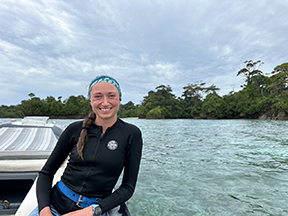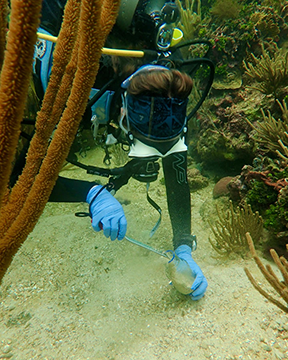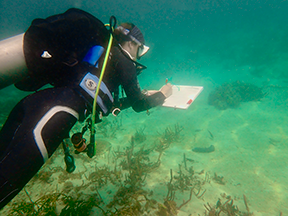- Home
- Members Only
- Member News
- Members in the News
- Annual Awards
- Tournament Results
- Event Photos
- 2025 Islamorada Backcountry Tournament
- 2024 Louisiana Slam Tournament
- 2023 Islamorada Backcountry Tournament Event Photos
- 2023 Louisiana Slam Tournament Event Photos
- 2023 Boca Grande Funament
- 2023 Annual Luncheon
- 2023 Guatemala Billfish Tournament Event Photos
- 2022 Louisiana Slam Tournament Event Photos
- 2022 Islamorada Backcountry Tournament Event Photos
- 2022 Annual Luncheon
- 2022 BASS Tournment
- 2021 Annual Luncheon
- 2021 Islamorada Backcountry Tournament
- 2021 LA Slam
- 2021 2nd Annual Virtual Funament
- 2019 LA Slam
- 2019 Islamorada Backcountry Tournament
- Jr. Angler Funament
- Conservation Corner
- Club Fishing
- Sponsors
- Honors
- 2025 Fishing Year Annual Award Winners
- 2024 Fishing Year Annual Award Winners
- 2023 Fishing Year Annual Award Winners
- 2022 Fishing Year Annual Award Winners
- 2021 Fishing Year Annual Award Winners
- 2020 Fishing Year Annual Award Winners
- 2019 Fishing Year Annual Award Winners
- 2018 Fishing Year Annual Award Winners
- Master Angler
- Club Records
- Hall of Fame
- Past Presidents
- Scholarship Trust
- Junior Angler Program
| Scholarship Recipient's Research Project2025 |
|
IWFA SCHOLARSHIP TRUST
Andie Munoz:
"The Atlantic Sea scallop fishery is economically important in the United States. Found non-uniformly from Cape Hatteras, NC through Newfoundland, Canada, sea scallops encounter a range of water and phytoplankton assemblages that are susceptible to the effects of climate change. My research aims to apply a novel genetic approach involving eDNA and DNA metabarcoding to refine our understanding of 1) sea scallop feeding ecology and diet over space and time and 2) the influence of diet and food availability on the distribution, abundance, productivity, and future of the resource." Kaitlyn Cisz:
"I am a third year PhD Student at the Virginia Institute of Marine Science (VIMS) combining genetic and morphological tools to study skates! I have the privilege of working in fisheries collections, lab spaces and on commercial sea scallop boats to understand skate taxonomy and apply what I learn for better bycatch identification in the field. Fun fact: my passion for art and science communication has led to many collaborations with high school and college students to combine the two disciplines for outreach education – scientific illustrations, integrating ray movements into a dance, and even lesson plan publications for the broader VA community!" Yamilla Samara Chacon
"This study investigates how three gamefish species—red drum, spotted seatrout, and sheepshead—partition food resources at oyster reefs with different harvesting statuses across three interconnected Texas bays. Using stable isotope analysis of fish tissues, the project will assess trophic niche partitioning and overlap. Findings will inform whether current oyster reef management practices support long-term fish population health and sustainable fisheries." Lillie Bradshaw
"While global action is essential to address climate change, local management decisions play a crucial role in protecting vulnerable coastal ecosystems from additional stressors. My Ph.D. research examines how human activities influence coral reef resilience in the Florida Keys National Marine Sanctuary. By understanding how different levels of local impacts and human uses affect reef community structure and health, my work will help identify strategies to strengthen coastal ecosystems against accelerating climate change and support the long-term protection of these critical habitats." Madeleine Tanda
"Ocean acidification is a pervasive threat to marine ecosystems, but its effects on ecosystem properties are difficult to disentangle. In my research, I am investigating how the habitat structure of coastal rocky intertidal ecosystems responds to declines in ocean pH by combining mesocosm experiments with novel 3D imaging techniques. I hope to create knowledge that can be used to better predict how coastal habitats will look and function under future environmental changes." Marilla Lippert:
Over 1 billion people rely on coral reefs for their food security and livelihood, services that degraded reefs often fail to provide. In attempt to restore coral reefs and their benefits, coral outplanting efforts have become increasingly common, but with varied success. My research aims to identify environmental and ecological drivers of success in coral restoration, and to assess if restored reefs support the same communities and ecosystem services as wild reefs. Blake Stoner-Osborn:
Blake is a fifth year PhD student in the Deep-Sea Fish Ecology Lab at the University of Hawaii-Manoa. In his dissertation research, Blake uses compound-specific stable isotope analysis and DNA metabardocing to explore habitat and food web connectivity between coral reefs and the deep-sea around the Hawaiian Islands. Blake is passionate about education and outreach, mentorship, community building, and making STEM accessible to people of all backgrounds. Sylvia Adisa:
Sylvia Adisa is a Ph.D. student in Interdisciplinary Ecology at the University of Florida. Her research explores how gender and power shape fisheries management and conservation. She uses value chain and gender analyses to uncover inequalities, highlight underrepresented voices, and identify opportunities for more inclusive, effective solutions. Laurel Field:
My research in Bonaire, an island in the southern Caribbean, investigates the status and health of coral reef ecosystems, including the effects of coral bleaching, on windward reefs. This study is the first to monitor these inaccessible reefs on the east coast of Bonaire in over a decade, and aims to compare reef resilience between windward and leeward reefs to better predict the effects of climate change. Anya Gajanur:
“Octopuses, squids, and cuttlefishes, grouped together as cephalopods, are fascinating marine invertebrates that play a crucial role in ecosystem processes and are vital to global fisheries. Our understanding of their diversity and biology is limited despite their ecological and economic significance, especially in Southeast Asia. My project will sample cephalopods landed in Southeast Asian ports to determine the diversity of targeted species, the quantity landed, and their origins. This will provide a foundation of assessing the sustainability of these fisheries and formulating resource management strategies.” Camille White:
"Camille is a master's student at Clemson University studying coral reef fish trophic dynamics across a natural environmental gradient in the Florida Keys. By analyzing transect video data to quantify fish abundance and using stable isotope analysis (δ13C and δ15N) of fish muscle tissue, she aims to understand how fish trophic positioning shifts in response to climate change.” Emmylou Kidder:
“As top predators, seabirds are sentinels of ocean ecosystems health and can be used as bioindicators of contaminants in marine food webs. My research is on plastic ingestion of ‘au’u, and endangered petrel species endemic to Hawai’i that is exposed to derelict fishing gear across its vast North Pacific foraging range. I am using ‘au’u boluses, stomach contents, and guano to describe their direct ingestion of plastic, as well as the trophic transfer of plastic via prey” Madeleine Ward:
Human-induced stressors like climate change, pollution, and overfishing, are shifting many tropical reefs from a coral to a macroalgae dominated state. This shift generally reduces biodiversity, disrupts ecosystem function, and alters resource availability effecting competitive interactions. Herbivorous fishes can help reduce amount of macroalgae on a reef, making them a key focus on conservation efforts. However, herbivores can only maintain coral reef resilience if they are able to keep up with the increasing macroalgae growth. While studies investigate the effort of herbivory on benthic composition, few investigate how changing benthos effect their forage capacity. Further, herbivores are an important food source for coastal communities, so it is important from a socioeconomic outlook to better understand how changing reefs effect the health and size of fish stocks. Therefore, I aim to study how coral to algae shifts effects the foraging, health, and abundance of herbivores fishes. The findings of this study will improve the understanding of coral reef ecosystems and help inform fisheries management. Hannah Rempel:
Coral reef fishes and invertebrates that graze algae, cyanobacteria, and detritus are essential for maintaining reef balance, recycling nutrients, and sustaining costal communities that depend on them for food and income. Yet increasing human activity near coastlines threatens these ecosystems, introducing pollutants that put both marine life and people at risk. My research explores how environmental change and human impacts affect the health and ecological roles of these vital reef species. Thank you again for your support. I’m honored to be part of this community! The IWFA helped me cover the costs of my final toxic ant analysis for my PhD, and I’ll be receiving the data very soon. I’m truly grateful for this support and how it allowed me to expand the scope of my research.
|
| Last Updated on Wednesday, September 24, 2025 02:35 PM |



